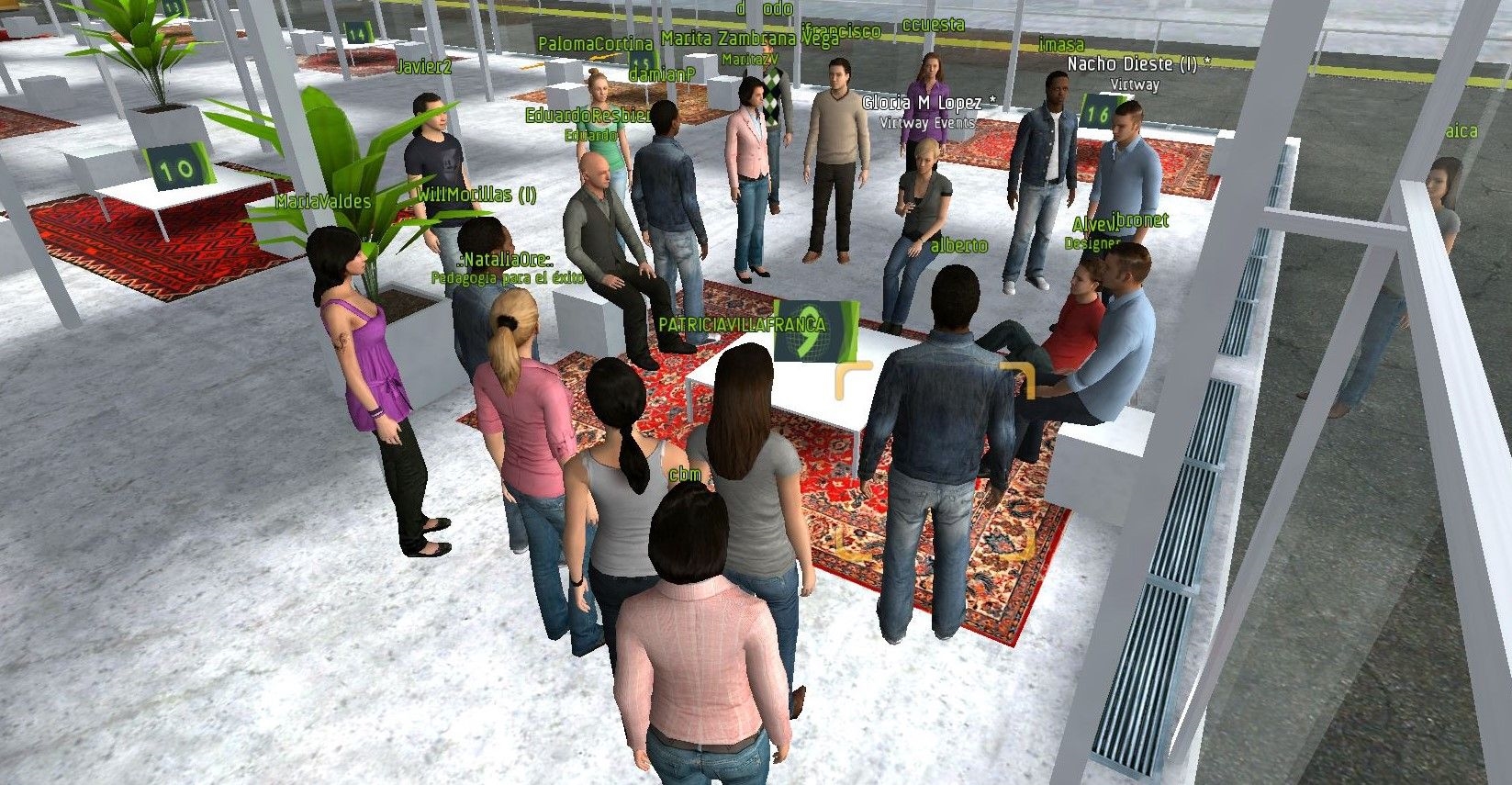How to Approach a Virtual or Hybrid Event Like the Producer of a Movie or Broadway Show
After months of everything going online, audiences have higher expectations for virtual events.
Organizations that plan to host a compelling virtual or hybrid event in the wake of the pandemic need to deliver something captivating if they expect it to be successful. That means someone sitting in front of a webcam with a messy office in the background won’t work.

Organizations have it within their power to elevate the overall experience. They need to seize it and use it to engage with their audiences in a new and powerful way.
They should approach the event like a movie or Broadway show producer, to leave audiences wanting more.
Tell a story people want to hear.
When filming a movie or staging a show, producers don’t show up without a story or a script. Similarly, a hybrid event requires a storytelling-focused plan and a detailed script.
Just as producers know what scenes to film to make a movie successful, planners of virtual or hybrid events should know what elements will most resonate. Like a Hollywood movie, every event should have various acts that build to a grand finale.
Early in the pandemic, we worked with Model N, a revenue management software provider, to do just that. We transitioned their in-person conference, Rainmaker20, to a virtual event, allowing attendees to engage with the event based on their schedule and availability.
With 14 webcasts over two days, the event garnered 27% more registrants than the company expected to attend the in-person event. Sessions were presented by thought leaders and industry experts virtually, which allowed customers, partners, industry experts and Model N employees to attend seamlessly and safely.
Inspire the audience.
People often gravitate to an inspirational one. After months of quarantine, people have seen enough drama, and they are ready for some inspiration.
Delivering inspiration requires attention to an event’s messaging. Consider what people want to hear and what they need to, and consider how best to deliver that message.
We similarly worked with Convey, an Atlanta-based SaaS technology company, to broadcast four Cloud Conventions 2020 keynotes to approximately 30,000 attendees during the pandemic. As the pandemic was evolving and attendees thought they wouldn’t have the opportunity to connect and interact, the virtual event offered special promotions for attendees, virtual exhibitor booths, live discussions and Q&A sessions.
Find the best messenger.
Bad actors will ruin even the best of stories, and the wrong presenter can blemish an otherwise compelling gathering.
Organizations often find someone within their organization to serve as spokespeople for an event. But just because someone has a fancy title or significant responsibilities doesn’t mean they are the best person to deliver the message.
Some organizations choose to hire a “celebrity” —such as an analyst, author, journalist) within their industry. Another option is a team member, a partner or a customer. Regardless of who it is, he or she must deliver the message in a compelling way that keeps audiences engaged.
Play the role of producer.
Movies are more than someone filming an action scene on their cellphone, and events can benefit from a little bit of production, too. Just because everyone isn’t gathering in a single location doesn’t mean people’s expectations have diminished.
As the world grows tired of ongoing pandemic restrictions, people are looking to get more from events, and organizations should seize the opportunity to develop some content in advance. It should be exciting and eye-catching, but don’t lose the message with overproduction.
Think of a product launch from Apple, which in the pandemic era has added even more production value to already sleek events.
Prepare for the sequel.
Today, many films take the opportunity to lay the foundation for a sequel, and professional events should do the same. Any event should be the start of a relationship, so there is a connection even when there is no in-person event.
Months into the pandemic, the idea of “normal” seems foreign. Instead of returning to the way things used to be, we should embrace the “next normal,” and take with us the lessons we learned during the pandemic and apply them to our future actions.
As we emerge from the current state, we should have a new outlook on approaching business and interacting with one another. An organization’s leaders must recognize and respect this shift so they deliver a product people want.
Make it an inspiring story rather than a horror film.
Business & Finance Articles on Business 2 Community
(54)


